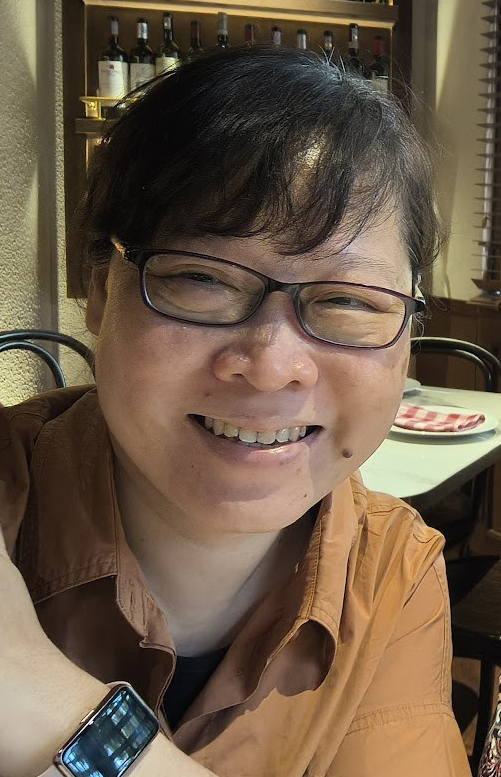Enhancing Secondary Students’ Self-Efficacy through Virtual World-Based Learning
This study investigates the use of virtual world-based learning to enhance self-efficacy among secondary school students. Virtual environments provide immersive and interactive experiences that encourage confidence, collaboration, and independent learning. Using a mixed-methods approach, data were gathered through questionnaires, observations, and student reflections. Results show that virtual world-based learning significantly improves students’ self-efficacy, especially in completing tasks, solving problems, and working collaboratively. The virtual setting also motivates learners to take initiative and explore creative strategies without fear of mistakes. These findings suggest that integrating virtual worlds into education can strengthen students’ self-belief while promoting 21st-century competencies such as digital literacy, creativity, and autonomy.
Keywords: self-efficacy, virtual world, immersive learning, secondary education, technology integration
Speaker
-
 Maria Magdalena / Marcel Storyteller (Poster Booth #16)
Maria Magdalena / Marcel Storyteller (Poster Booth #16)Maria Magdalena, S.Psi., M.Kom., is an educational technologist dedicated to transforming learning through immersive virtual worlds. Her expertise lies in designing interactive and engaging learning experiences that empower both students and educators. Through her work in metaverse development, she conceptualizes virtual classrooms, simulations, and learning environments that foster collaboration, critical thinking, creativity, and real‐world problem solving.
As an instructor, she has led students in initiatives such as the International Metaverse Building Challenge. She has also created simulations that allow learners to explore scenarios impossible in the physical world, and she develops metaverse modules implemented in schools. A sought‐after speaker, Maria has presented at OSCC in both 2022 and 2023, sharing insights on virtual education and technological innovation.
Her vision is to build a future where education transcends the limitations of physical classrooms––where every learner, regardless of location or background, has access to a world‐class, immersive learning experience. Maria is deeply committed to continuous innovation, collaboration, and ensuring that virtual worlds are powerful tools for equitable, meaningful education.
I am also known as Marcel Mosswood in SL.
https://about.marcellinamaria.my.id


